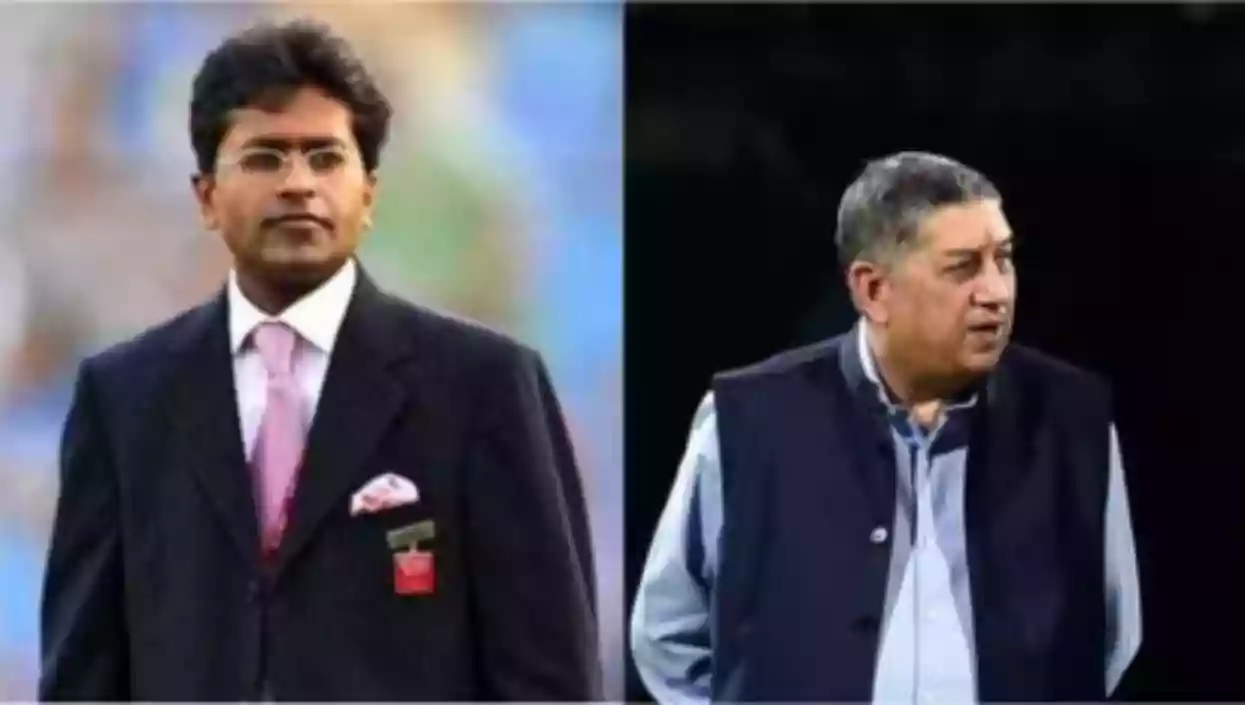Youth dies after alleged beating at South Garia drug rehab, family vandalizes centre in protest
.gif)
.gif)

In a series of explosive allegations, former IPL chairman Lalit Modi has accused ex-BCCI president N Srinivasan of manipulating key aspects of the Indian Premier League (IPL) to benefit Chennai Super Kings (CSK). Modi alleged that Srinivasan fixed the auction for England all-rounder Andrew Flintoff ahead of the 2009 season and orchestrated umpiring decisions to favor CSK during matches.
Speaking on the YouTube show Figuring Out with Raj Shamani, Modi revealed that Srinivasan, then the secretary of the BCCI, initially opposed the IPL. However, once the tournament gained popularity, Srinivasan allegedly used his influence to tilt the odds in CSK’s favor. Modi stated, "He didn’t like IPL; he didn’t think it would work. But when it succeeded, he jumped on the bandwagon. He became my biggest adversary."
Modi claimed that Srinivasan’s interference extended to umpires officiating CSK matches. "He would replace umpires without hesitation. I later realized he was assigning Chennai-based umpires to CSK matches. That’s fixing. When I tried to expose it, he retaliated strongly," said Modi.
The allegations didn’t stop there. Modi also accused Srinivasan of fixing the IPL auction for Flintoff, ensuring no other franchises bid for the player. "We told everyone not to bid for Flintoff. Srinivasan was determined to get him, and we facilitated it. It was blatant manipulation," he admitted, adding that these incidents highlighted the power struggle within the BCCI during the IPL’s formative years.
Srinivasan, a prominent industrialist and owner of India Cements (which owns CSK), has faced several controversies linked to his tenure in Indian cricket administration. Despite Modi’s accusations, Srinivasan has consistently denied allegations of wrongdoing.
These claims reignite the long-standing feud between Lalit Modi and N Srinivasan, two of the most influential figures in Indian cricket history. While Modi remains in exile, his remarks have sparked fresh debates about the governance of cricket’s most lucrative league.